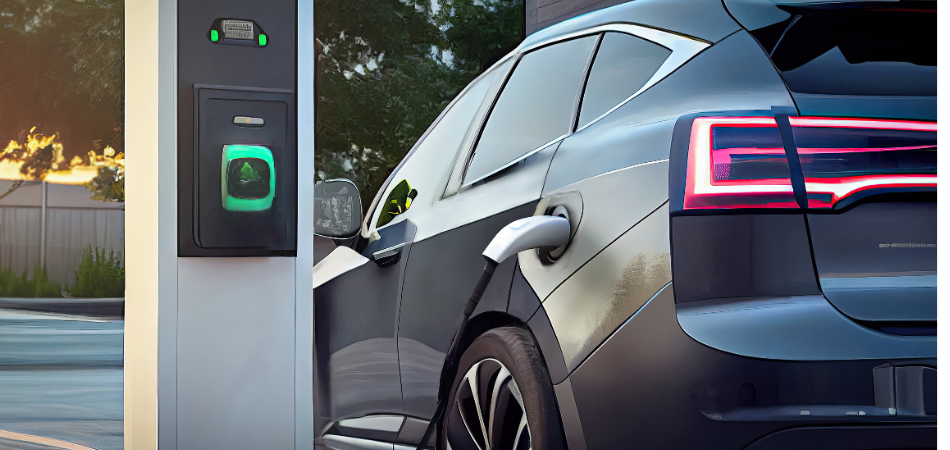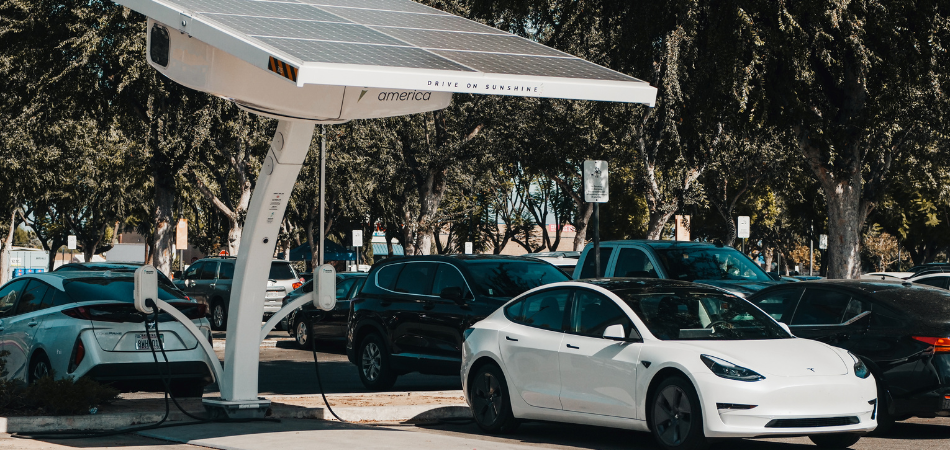
Electric vehicles (EVs) are becoming increasingly popular as people switch to more eco-friendly modes of transportation. If you have an EV or hybrid you're considering donating, it's helpful to understand how the donation process works, how it differs from traditional cars, and the impact it can have. Donating an EV can bring unique benefits to charities and help promote green initiatives. Here's a guide to ensure you make the most of your electric vehicle donation through Donate A Car.
EV Donations May Have Higher Resale Value
Electric vehicles often hold their resale value well, which can translate to a larger contribution for the charity. According to Kelley Blue Book Electric Vehicle Guide, electric and hybrid vehicles often maintain their value well due to ongoing demand and advancements in technology, making them ideal for charitable donations. Charities can use the higher resale value of these vehicles to fund more impactful programs.
Choose a Charity Familiar with EV Processing
Since EVs are unique in their design and parts, they require specialized handling and servicing compared to gasoline-powered cars. Working with a charity familiar with EVs is essential so they can properly assess and manage your vehicle. For instance, EVs require specific expertise to handle batteries safely, and some may need special facilities for resale or recycling. Look for charities that accept EV donations regularly, or consider organizations affiliated with green initiatives.

Your EV Donation Supports Eco-Friendly Causes
Because EVs are environmentally friendly, many donors prefer to support charities that align with their green values. Donating your electric car to an eco-focused charity means that the proceeds could go toward projects that reduce pollution, fight climate change, or promote sustainable practices. This way, your EV not only reduces environmental impact on the road but also supports eco-friendly initiatives long after it's been donated.
Understand Tax Benefits for EV Donations
Electric vehicle donations are generally eligible for the same tax benefits as gasoline vehicle donations, but it's essential to understand the deduction process to get the maximum benefit. The IRS allows you to claim a deduction for the car's sale price if the charity sells it, or its fair market value if the charity uses it directly. IRS guidelines on vehicle donations provide helpful information on determining your tax benefit. Visit the Turbo Tax vehicle donation page.
Recycling and Sustainability Benefits of EV Donations
EV donations are particularly beneficial from a sustainability perspective because EV components can be reused and recycled to a significant degree. Batteries, motors, and other electronic components in EVs contain valuable materials like lithium and rare earth elements that can be recycled. According to the EPA, recycling these materials reduces the demand for new raw resources, decreasing environmental impact.

Prepare Your EV for Donation
Donating an EV may require some additional steps to ensure a smooth process. Before donating, clean out the vehicle, ensure the battery is charged, and gather all necessary documents, including your title and registration. If your EV has any additional charging equipment, such as wall chargers, you might consider including them in the donation, as these items could add value for resale or reuse.
Ready to make a difference? Donating your EV through Donate A Car is an eco-friendly way to support charitable causes while ensuring your car continues to make a positive impact. From higher resale value to sustainability benefits, EV donations offer unique advantages that can make a meaningful difference